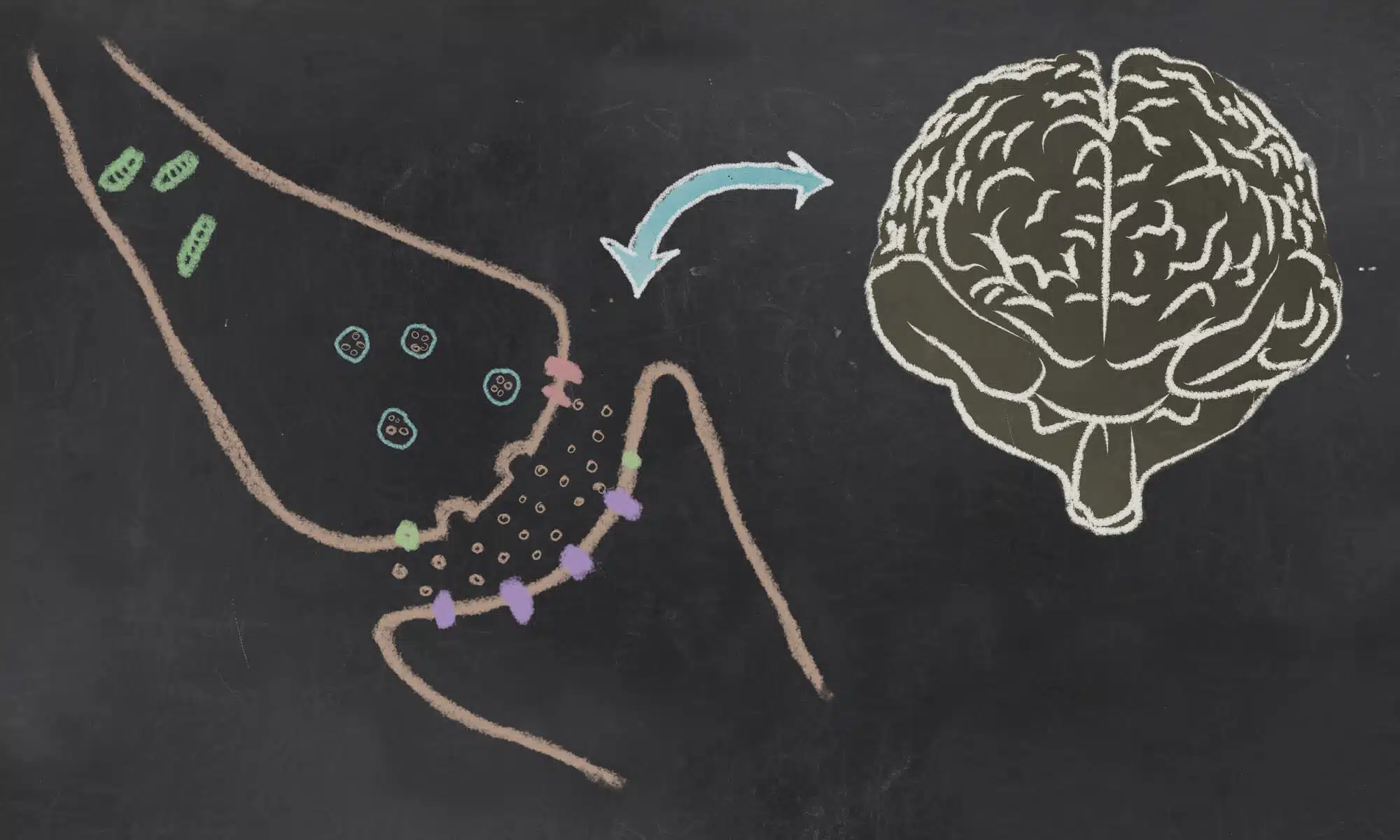Following the oxytocin infusion, men's desire to compete increased more than women's desire to do so

Social behavior helps the individual to create interpersonal interactions and relationships, cooperate with those around him and strengthen the feeling that he is part of a group. Many biological factors play a role in social behavior; One of the main ones is the hormone oxytocin - also known as the "hormone of love and connection". This hormone is secreted in the brain and body during pregnancy, childbirth and breastfeeding and helps the mother establish contact with the baby, take care of him and take care of him. Oxytocin is also secreted during social interaction and interpersonal relationships.
Oxytocin activates the reward system in the brain (a nervous system that increases pleasure, satisfaction and motivation), and thus it creates pleasure from social relationships. In addition, it reduces the response of the amygdala (a brain area responsible, among other things, for emotional processing) to potentially stressful social stimuli and stressful situations - and thus it reduces social anxiety.
Dr. Shlomo Israel from the Faculty of Social Sciences at the Hebrew University of Jerusalem, and his team, are investigating biological factors involved in the regulation of social behavior, with an emphasis on oxytocin. "Most past studies have found that oxytocin increases cooperation, desire to integrate socially, and feelings of empathy, closeness and trust", he says - and adds: "but most of them were done on men".
In their latest study, Dr. Israel and his team sought to examine how oxytocin affects competitiveness - a social behavior that cannot exist without the presence of others - among men and women. For this purpose, they recruited 204 male and female students from the Hebrew University, physically and mentally healthy. Half of them received oxytocin (the experimental group) and half received a placebo (the control group). They were then divided into groups of four and asked to solve as many simple math exercises as possible (a task designed to assess their willingness to compete with each other); For the first time, the researchers paid each participant one shekel for each solution (payment based on individual performance). The second time, the participants who solved the most exercises won four shekels for each solution (competition-based payment). For the third time, before performing the task, the participants were asked to choose how to be rewarded for their performance - according to payment based on personal performance or payment based on competition. It was found that the level of competitiveness of the men who received oxytocin was higher than that of the women who received oxytocin. In the placebo group, on the other hand, no such difference was found.
Says Dr. Israel: "It is possible that an increase in the level of oxytocin causes a stronger social effect in men, at least in the context of competitiveness, but we still do not know what the brain mechanism is responsible for this. It is important that we understand it and that we understand why the administration of oxytocin had less effect on women socially. It is possible that its effect on them will be less even in the treatment of social psychopathologies such as autism and other treatment directions will be required."
In another experiment, carried out with the support of the National Science Foundation, the researchers wanted to check how stress and empathy affect sociality. To this end, they had 120 male and female students fill out a questionnaire that tests the level of empathy and then divided them into an experimental group and a control group in the laboratory. The participants of the experiment were presented with a social situation that could cause stress: they were asked to speak for a few minutes about their dream job in front of a panel of judges (whose members kept their faces sealed). After they finished their speech, they were asked, without any prior warning, to solve a complex mathematical exercise out loud in front of the committee members. The control participants were also asked to speak for a few minutes about their dream job but without the presence of an audience and to solve a simpler mathematical exercise (that is, they were not exposed to a stressful situation). During the experiment, saliva samples were collected from all the participants in which the level of the hormone cortisol, which is secreted during stress, was measured. It was found that its level was significantly higher in the experimental participants compared to the control participants. That is, the speech and solving the complex mathematical exercise before the committee did cause a feeling of pressure.
In the next part of the experiment, the participants were asked to perform social tasks that are a measure of generosity and altruism (for example, the "dictator game" where each participant receives money and decides how much of it they want to give to others). The researchers found that participants who are characterized by a high level of empathy (as revealed in the questionnaire) gave others more money than participants with a low level of empathy. This finding was more pronounced in the experimental group. That is, the relationship between empathy and generosity was stronger after exposure to stress. "This experiment helps us understand which people will behave with empathy, in a pro-social way, in times of distress," says Dr. Israel, "Next we would like to test how oxytocin affects empathy and its role in stress regulation."
Life itself:
Dr. Shlomo Israel, 43, married with four children (10, 8, 5, 2), lives in Mevsaret Zion. He was born in Tehran, moved with his family to the USA when he was one year old, and immigrated to Israel in 2003. He loves nature, hiking and camping and is an avid fan of basketball and American football.
More of the topic in Hayadan:
